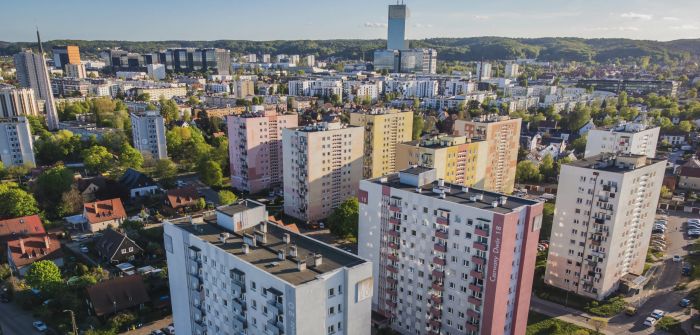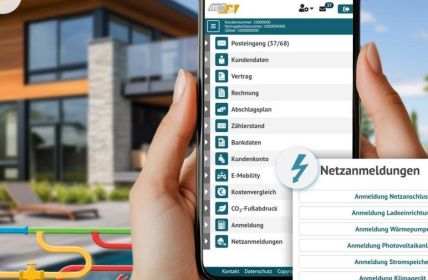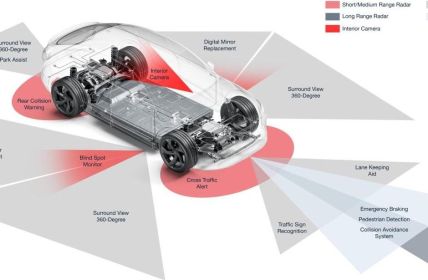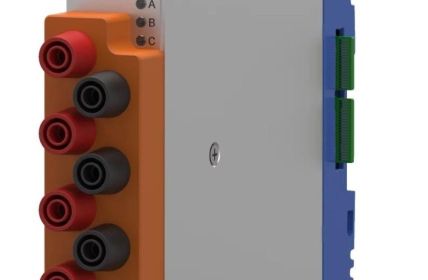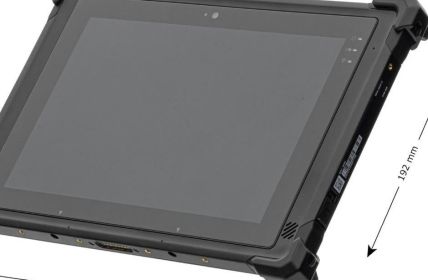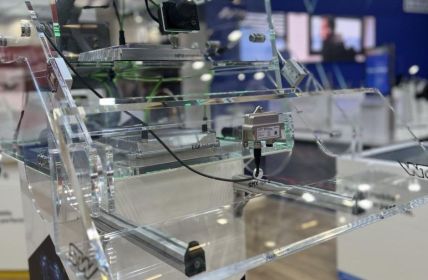On 20.04.2023, the Bundestag passed a law to advance the digitalisation of the energy transition in Germany. The nationwide introduction of smart meters is an important step in this process.
Table of Contents: What awaits you in this article
Smart meters to be introduced more quickly: Bundestag approves digitisation of the energy transition
Through the Act on the Digitisation of the Energy Turnaround (20/5549) passed by the Bundestag on 20 April 2023, the traffic light coalition wants to accelerate the installation of smart meters in order to promote the cost-effective and efficient use of energy and to relieve the electricity grid.
Compulsory from 2032: Smart meters for all
In view of the expansion of renewable energies and the increased use of electric cars and heat pumps, a smart connection between electricity generation and consumption is essential, explained Economics Minister Robert Habeck. A digital implementation of the energy transition using smart meters is necessary.
The new law is intended to limit the annual costs for consumers and cap the fee at 20 euros. The grid fees will be passed on to all electricity customers to cover the costs. From 2025, flexible electricity tariffs are also to be offered, and smart meters are to be used nationwide by the end of 2032 at the latest.
Why smart meter rollout has stalled
On 7 February 2020, the smart meter rollout was officially launched by a general decree of the BSI. In March 2021, the Higher Administrative Court (OVG) of NRW in Münster ruled that the market declaration was possibly illegal. Consequently, the obligation to install smart meters was temporarily lifted, but only for those companies that had filed a lawsuit against the rollout. Housing companies were not affected by this for the time being, as long as they were not obliged to install smart meters.
Smart metering systems must be very secure. Therefore, smart meter gateways (SMGW) are required to ensure data collection, encryption and forwarding. The Metering Point Operation Act (Messstellenbetriebsgesetz, MsbG) requires that at least three independent companies bring certified smart metering systems to the market.
The BSI announced on 20 May that it was withdrawing the disputed market availability declaration and instead issuing a transitional regulation pursuant to Section 19 (6) MsbG to safeguard the rollout. This allowed the meter operators to install and operate the meters as planned before the oral hearing before the Cologne Administrative Court on 25 May 2022.
Smart meter installation: What is the process?
The smart meter rollout is to be accelerated in Germany. To this end, Federal Minister of Economics Habeck presented a package of measures at the Future Energy Lab of the German Energy Agency (Dena) on 20 October 2022, which aims to overcome bureaucratic and legal hurdles. The goal, he said, is to quickly create legal certainty in order to bring the law into force before the end of 2023.
Overview of the legally prescribed rollout timing
- Consumers with an annual electricity demand of less than 100,000 kWh (optionally less than 6,000 kWh) and generators with a capacity of up to 25 kW (optionally 1 to 7 kW) can make use of agile rollout from now until the end of 2024, according to a new regulation.
- Consumers with a consumption of less than 100,000 kWh and generators with a capacity of less than 100 kW must use a fully functional solution from 2025, which is immediately permissible. Implementation is to be completed by 1 December 2025 for 20 percent of affected users. Coverage is to be increased to 50 per cent by 31 December 2028 and 95 per cent by 31 December 2030.
- From 2025, consumers with an annual electricity consumption of over 100,000 kWh and generators with a capacity of over 100 kW can use smart meters. From 2028, these user groups must use these meters. Implementation is to be completed by 31 December 2032 for 95 percent of the users concerned.
The Federal Government submitted a draft that was approved by the Cabinet unchanged on 11 January 2023. This draft has now been declared settled. In the case of urgent bills, identical drafts can be introduced simultaneously in the Bundesrat and the Bundestag to ensure parallel deliberation.


